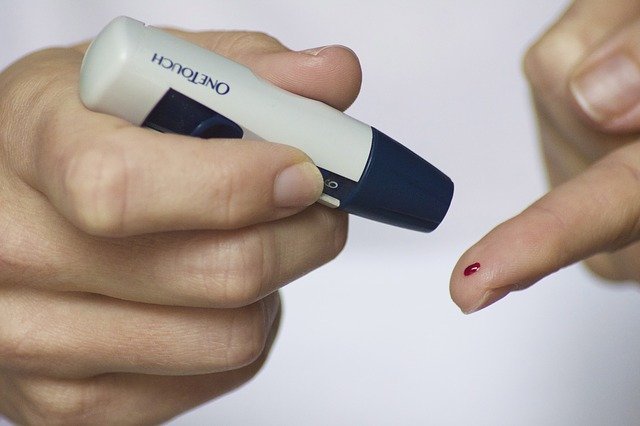
In a new study, researchers found that bacteria may be involved in the development of type 2 diabetes.
They found that the blood, liver, and certain belly fat deposits in diabetics have a different bacterial marker than in non-diabetics.
The research was conducted by a team from Université Laval, the Québec Heart and Lung Institute (IUCPQ), and McMaster University.
The team demonstrated this using blood and tissue samples from 40 patients suffering from severe obesity taken during bariatric surgery.
Half of the participants suffered from type 2 diabetes, while the other subjects showed insulin resistance without being diabetic.
The researchers identified the bacterial genetic material in each of the tissues sampled, which came from the liver and three abdominal fat deposits.
Based on the type of bacteria present and their relative abundance, the researchers were able to determine the bacterial signature for each tissue.
Their analysis showed that the bacterial signature in diabetics was not the same as in non-diabetics.
It also showed that the total number of bacteria varied from one tissue to another, and was highest in the liver and the greater omentum (a fatty tissue connecting the stomach and the transverse colon), two areas that play an important role in metabolic regulation.
The findings suggest that in people suffering from severe obesity, bacteria or fragments of bacteria are associated with the development of type 2 diabetes.
According to the study, the bacterial genetic material detected in the tissues most likely comes from the intestine.
The team’s hypothesis is that living bacteria and bacterial fragments cross this barrier and set off an inflammatory process that ultimately prevents insulin from doing its job, which is to regulate blood glucose levels by acting on metabolic tissues.
The next objective is to determine if the bacteria found in the liver and fat deposits of people suffering from severe obesity are also present in those who are overweight or moderately obese.
The lead author of the study is André Marette, professor at Université Laval’s Faculty of Medicine and researcher at the IUCPQ research centre.
The study is published in Nature Metabolism.
Copyright © 2020 Knowridge Science Report. All rights reserved.



